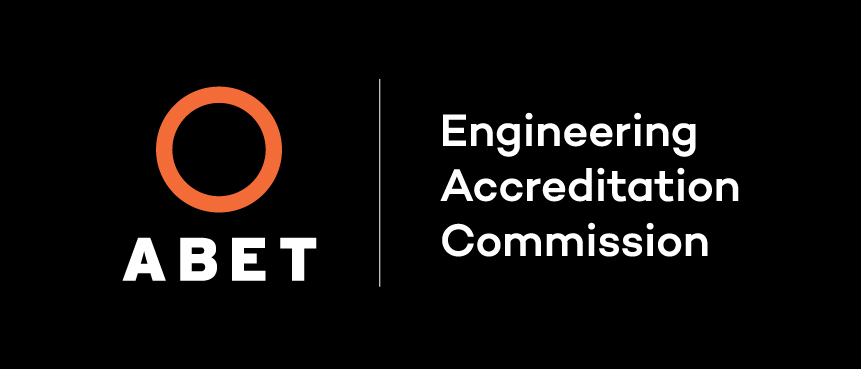
ABET Accreditation
 The Bachelor of Science in Chemical Engineering program is accredited by the Engineering Accreditation Commission of ABET, https://www.abet.org, under the General Criteria and the Chemical, Biochemical, Biomolecular, and Similarly Named Engineering Programs Program Criteria.
The Bachelor of Science in Chemical Engineering program is accredited by the Engineering Accreditation Commission of ABET, https://www.abet.org, under the General Criteria and the Chemical, Biochemical, Biomolecular, and Similarly Named Engineering Programs Program Criteria.
Clemson University's ABET Accredited Programs Enrollment and Graduation Data.
Program Educational Objectives
The undergraduate program in Chemical Engineering at Clemson University aims to produce graduates who, within 3 to 5 years of graduation, will
- Practice chemical engineering in a professional, ethical, and safe manner; and cultivate cross-disciplinary collaborations to solve contemporary challenges.
- Provide leadership in industry, government organizations, or higher education.
- Pursue lifelong learning in chemical engineering, other engineering or science disciplines, medicine, law, or business.
Student Learning Outcomes
The B.S. program in chemical engineering at Clemson comprises a blend of classroom instruction, laboratory practice, and project work designed to prepare graduates to accomplish our Program Educational Objectives. We design the program to ensure that students achieve the following Student Outcomes by the time they graduate.
- Ability to identify, formulate, and solve complex engineering problems by applying principles of engineering, science, and mathematics
- Ability to apply engineering design to produce solutions that meet specified needs with consideration of public health, safety, and welfare, and global, cultural, social, environmental, and economic factors
- Ability to communicate effectively with a range of audiences
- Ability to recognize ethical and professional responsibilities in engineering situations and make informed judgments, which must consider the impact of engineering solutions in global, economic, environmental, and societal contexts
- Ability to function effectively on a team whose members together provide leadership, create a collaborative and inclusive environment, establish goals, plan tasks, and meet objectives
- Ability to develop and conduct experiments, analyze and interpret data, and use engineering judgment to draw conclusions
- Ability to acquire and apply new knowledge as needed, using appropriate learning strategies
